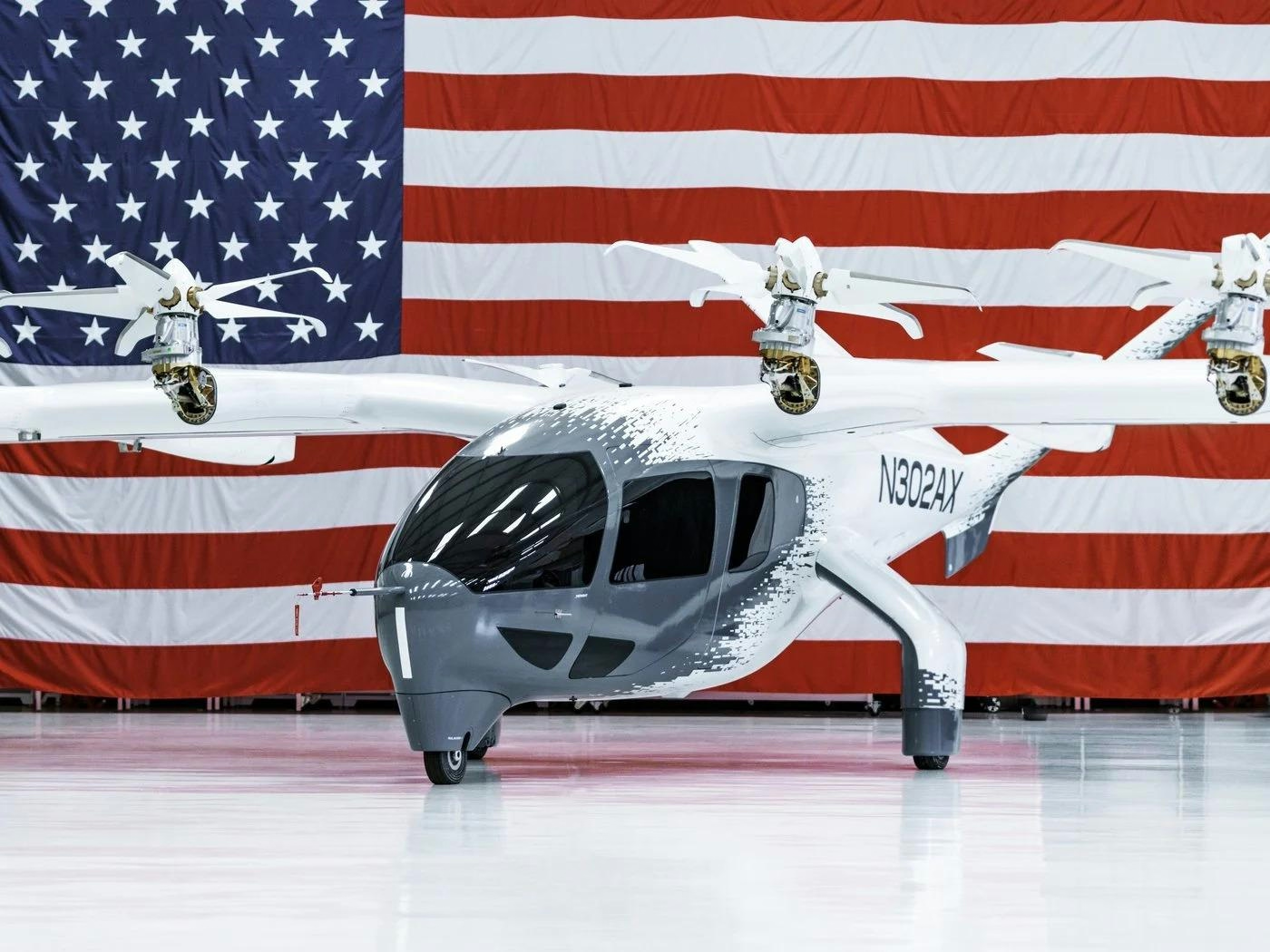
AeroGenie – Ihr intelligenter Copilot.
Trends
Categories
Why Some Airlines Are Choosing General Electric Over Rolls-Royce Engines
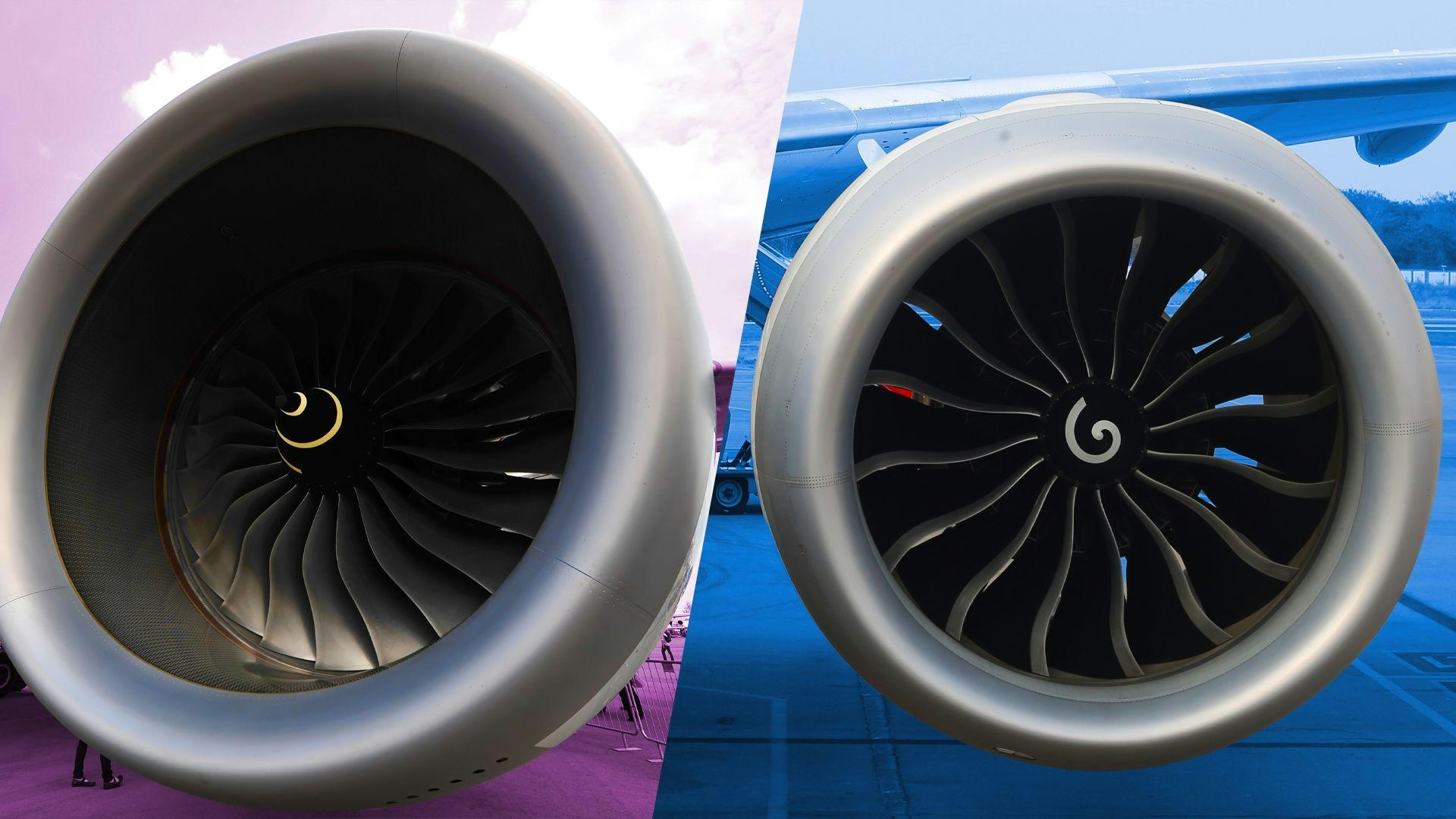
Why Some Airlines Are Choosing General Electric Over Rolls-Royce Engines
The ongoing issues with Rolls-Royce’s Trent 1000 engines have had a profound impact on many Boeing 787 operators, prompting a notable shift in airline preferences toward General Electric’s GEnx engines. British Airways, among other carriers, has pointed to operational disruptions and parts shortages related to the Trent 1000 as critical factors influencing their decision to diversify engine suppliers. This development marks a challenging period for Rolls-Royce, whose Trent 1000 program has been plagued by reliability concerns and maintenance difficulties, leading several airlines to reconsider their engine choices for future Dreamliner acquisitions.
Airlines Shifting to GEnx-Powered 787s
In recent months, an increasing number of airlines, including those with existing Trent 1000-powered 787 fleets, have opted for GEnx engines on new orders. Air New Zealand, for instance, currently operates 14 Trent 1000-powered 787s but has placed orders for three GEnx-powered aircraft. The contrast is even more pronounced with All Nippon Airways (ANA), which operates 78 Rolls-Royce-powered 787s but has ordered 15 Dreamliners equipped with GEnx engines. British Airways, historically a close partner of Rolls-Royce, operates 41 Trent 1000-powered 787s but has selected GEnx engines for its latest order of six Dreamliners, signaling a significant departure from its longstanding relationship with the British engine manufacturer.
Smaller operators are also following this trend. Air Tanzania, which currently flies two Trent 1000 and one GEnx-powered 787, has chosen GEnx engines for its next Dreamliner. Industry data reflects this shift: while approximately 34% of 787s in service are powered by Rolls-Royce engines, only about 8% of new engine orders are for the Trent 1000.
Advantages of the GEnx-1B Engine
The GEnx-1B engine aligns closely with the 787 Dreamliner’s objectives of efficiency and reliability. Airlines highlight several key advantages. The GEnx-1B offers lower operating costs through improved fuel efficiency and reduced carbon emissions compared to the Trent 1000. It also demonstrates greater reliability, with fewer unscheduled removals and maintenance events, thereby minimizing operational disruptions. In terms of performance, variants such as the GEnx-1B74/75, used on the 787-9, deliver comparable thrust and fan diameter to the Trent 1000 but boast a stronger track record for in-service performance.
Market Implications and Industry Response
The increasing preference for GE engines is reshaping the broader aviation market. Rising demand for GEnx engines is likely to enhance GE Aerospace’s market position and stock performance. However, this shift also presents challenges for airlines, which must adapt to new supply chain logistics, including different maintenance schedules and parts inventories.
Rolls-Royce is actively responding to these challenges by improving the durability of the Trent 1000 and pursuing new international contracts. The company recently secured orders for 142 aircraft engines, indicating sustained demand despite the current shift in airline preferences.
Looking Ahead
While General Electric’s GEnx currently holds a competitive advantage, the evolving market landscape suggests that both manufacturers will continue to innovate. Airlines will need to weigh considerations of reliability, cost, and long-term support as they make future engine decisions. Whether some carriers will eventually revisit their commitment to GEnx-powered 787s remains uncertain, but for the time being, General Electric appears well-positioned to maintain its dominance in the widebody engine market.

Vietnam Airlines Sells Airbus A321 Fleet to Arena Aviation Capital in Record Deal
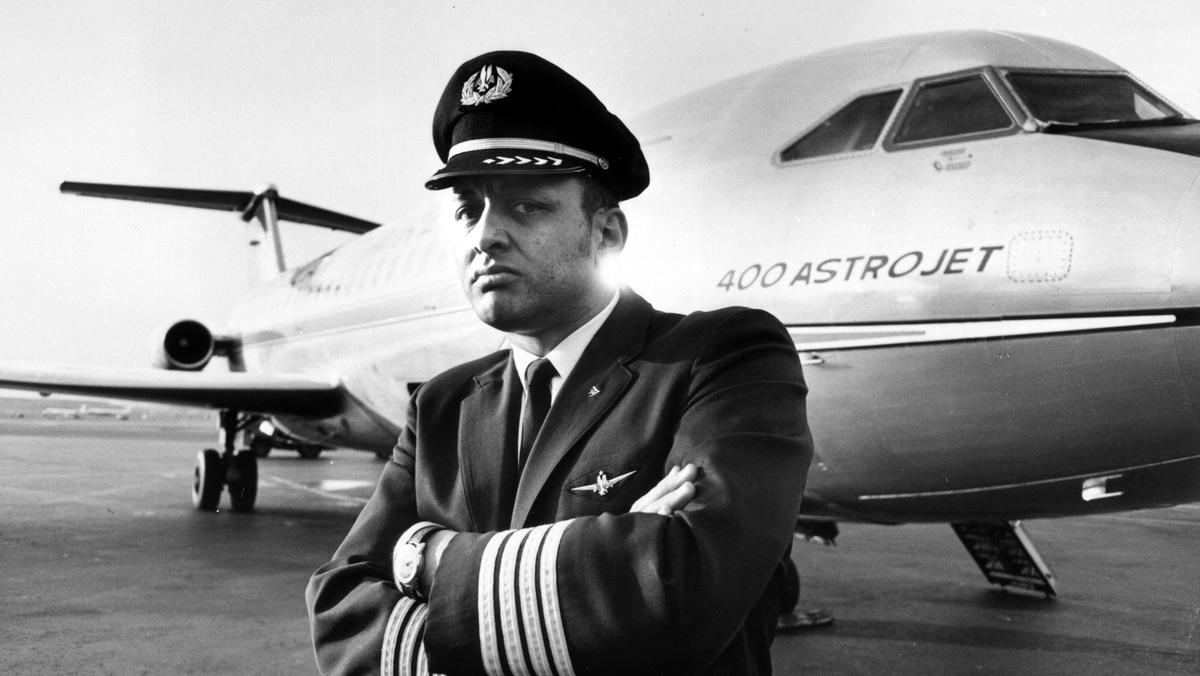
American Airlines at 100: A Century of Innovation in Global Travel
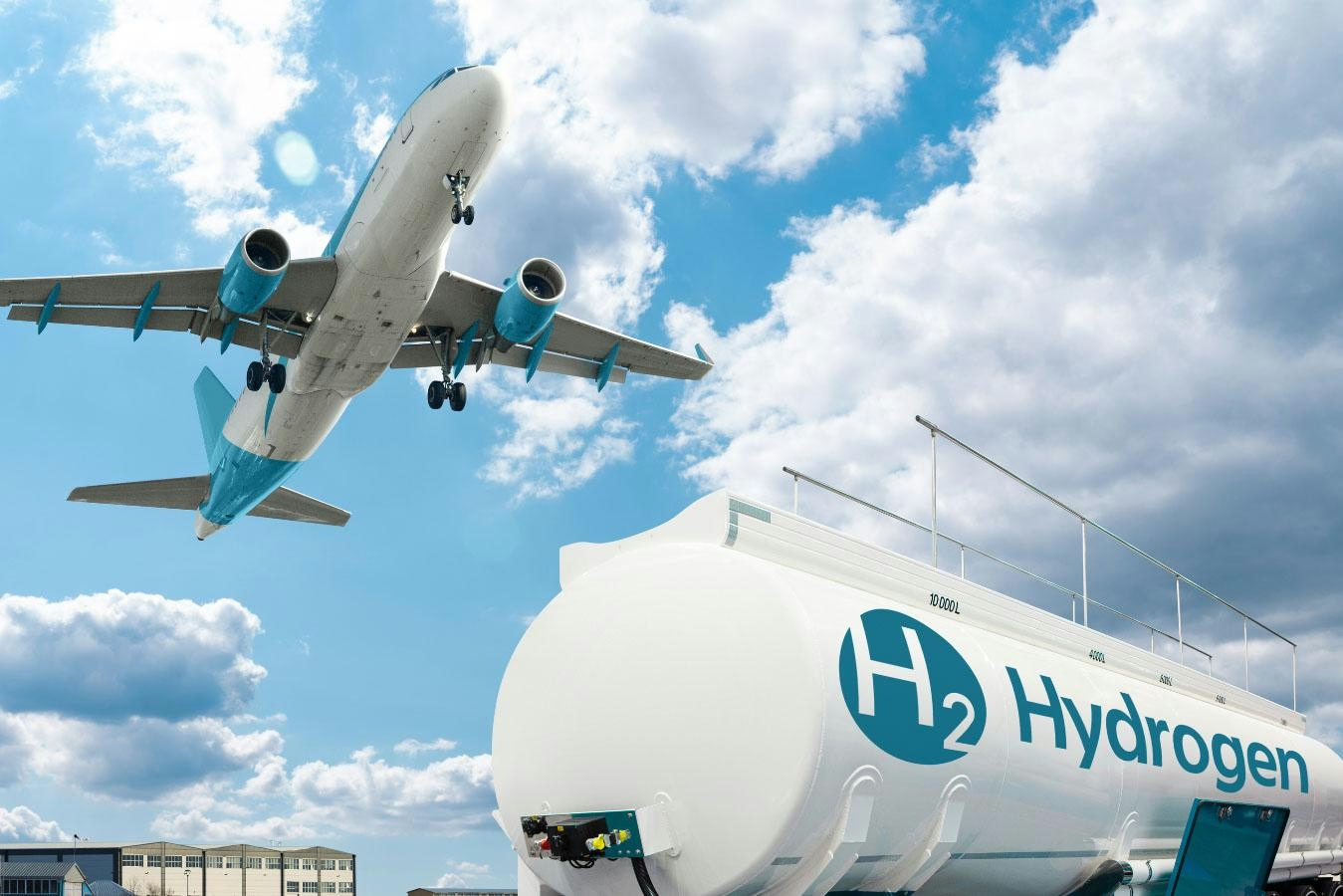
Hydrogen Combustion vs. Fuel Cells: Evaluating Options for Aviation
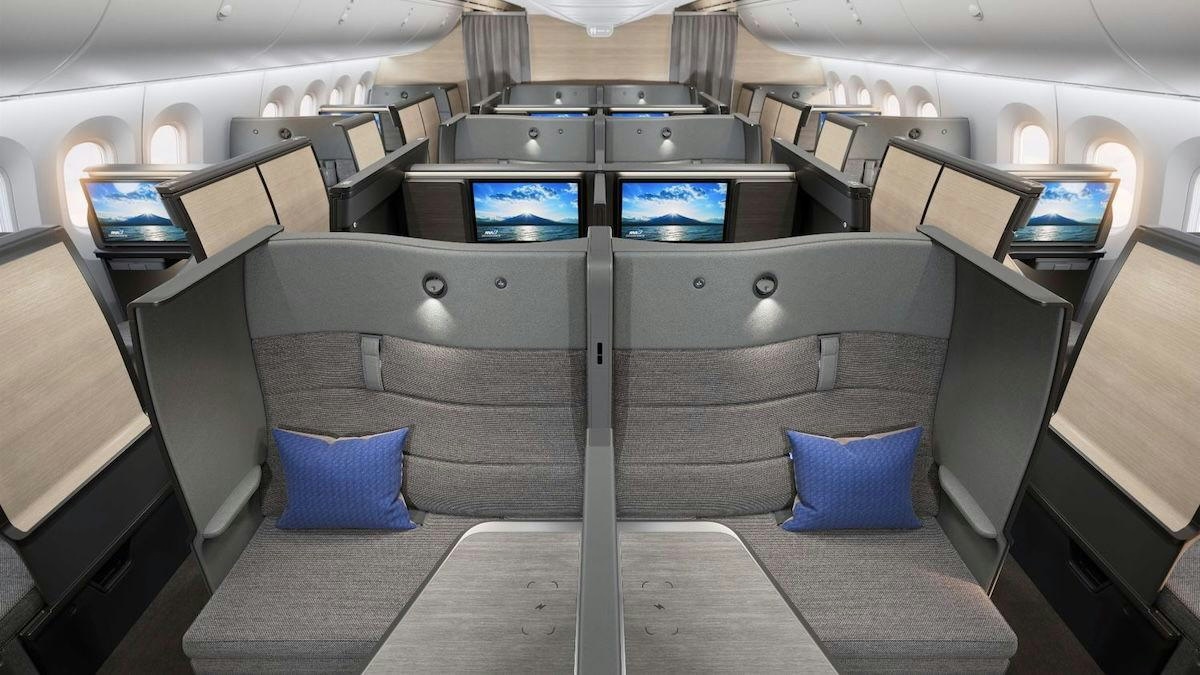
ANA Introduces The Room FX Business Class on Boeing 787 Dreamliners
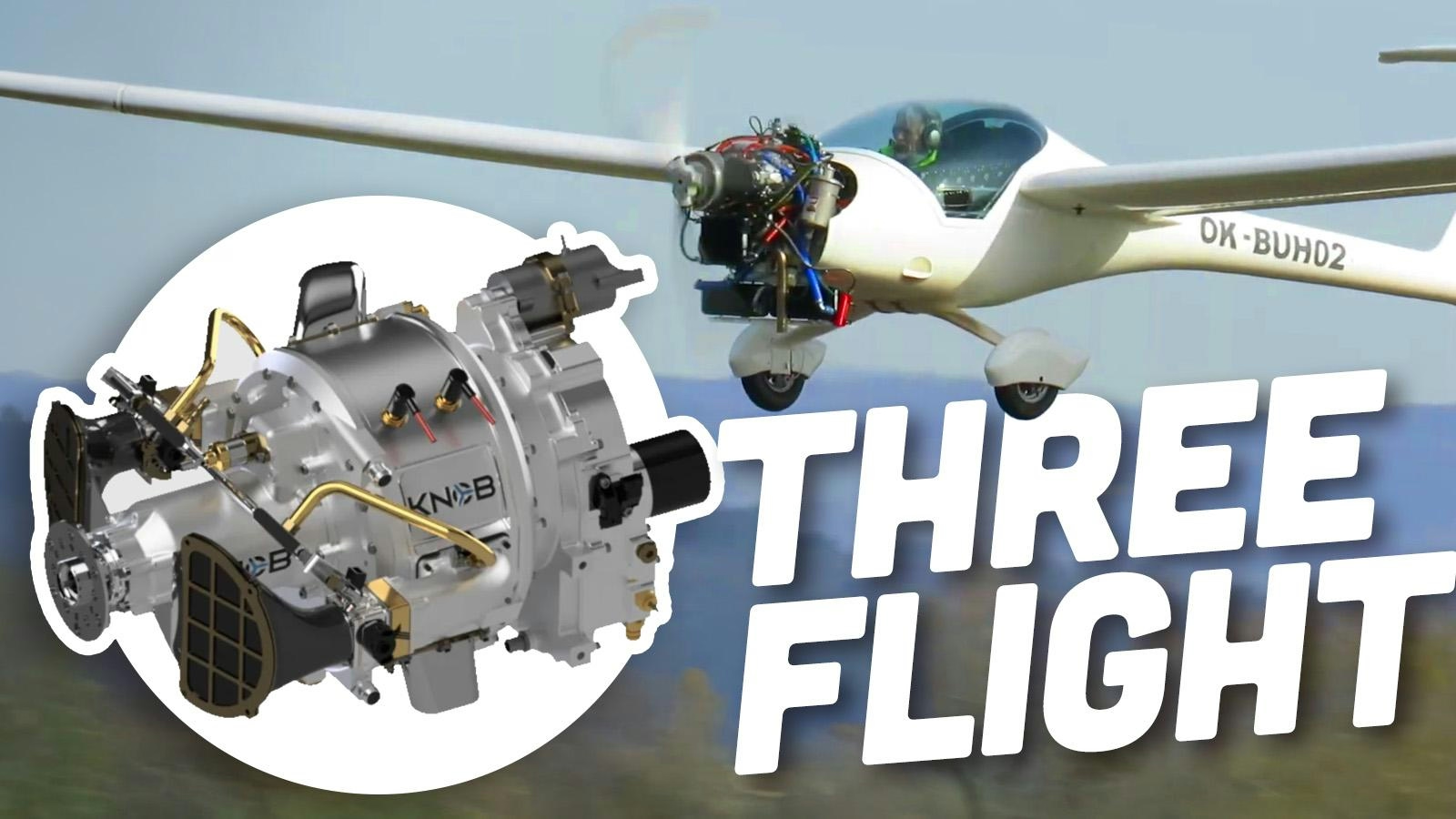
New Three-Cylinder Engine Features Rotating Block and Stationary Head

Credit Card Rewards Compete with Airline and Hotel Loyalty Programs
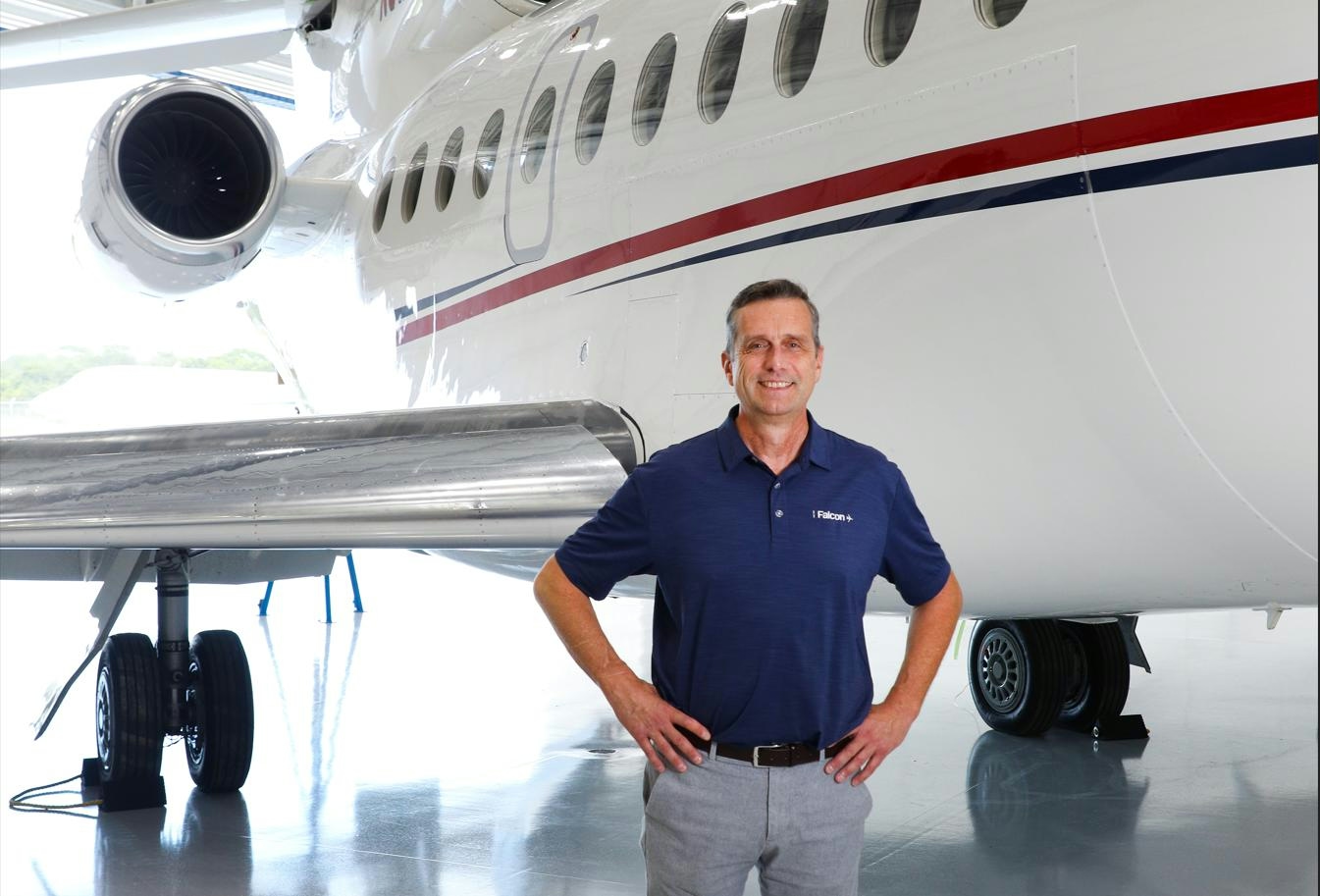
ExecuJet MRO Installs Starlink on Falcon 8X
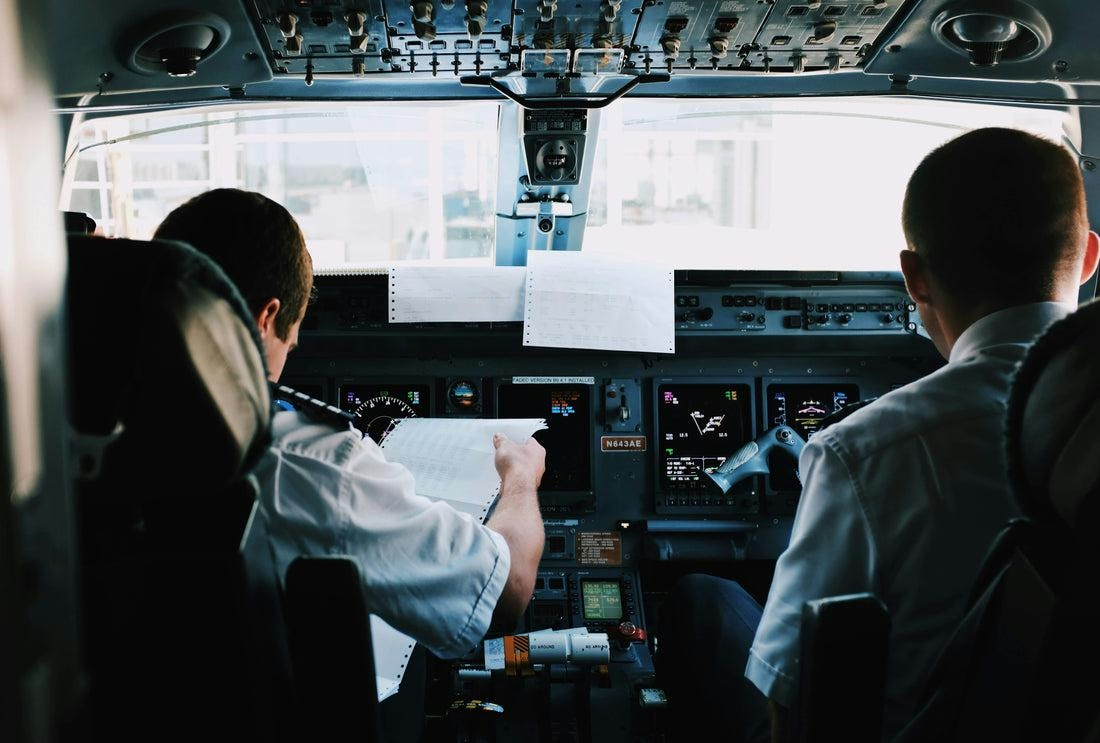
New Airlines Confront Supply Chain and Staffing Challenges

Global Airline Route Planning Software Market Forecasts Through 2035
